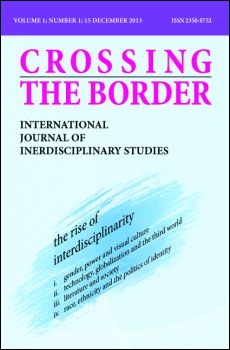Ethnicity, Stereotypes and Ethnic Movements in Nepal
DOI:
https://doi.org/10.3126/ctbijis.v1i1.10470Keywords:
Exclusion, federalism, ethnogenesis, oligarchy, ethnicisation, antitheticalAbstract
Liberal political environment, globalization, urbanization and migration amid the hectic political process of constitution drafting trapped in the issue of federalism and inclusion made the issue of ethnicity more debatable in Nepal. New ethnic identities were forged, new associations set up, and new allegations made in social, political, geographical and economic sectors for the reorganization of the country. Ethnicity does not always shoot out from antique tradition or nationality, however is fashioned, socially/culturally constructed, adapted, recreated, or even manufactured in the modern society. For that reason, it is necessary to see ethnicity as process i.e. making of boundaries, fluidity of boundaries as well as the stiffening of boundaries, variations in categorization and identification among groups in different times and places. Hence, State reorganization on the basis of capricious ethnic and religious history and so on will lead to confusion, disintegration and mayhem. The bases of successful Indian federation are characterized by geographic diversities, regional, cultures, and linguistic features. The finest inclusive democratic federalism, one could anticipate for in Nepal is some form of decentralized federalism based on geographic, regional and economic factors, in which there is an acceptance of regional and cultural/linguistic differences and proper democratic representation of population. The relationship between ethnic politics and representative democracy presents a dilemma for scholars and policy makers, however ethnic organizations are not adversative to democracy and that democratization with commitment can proceed in diverse and unpredicted ways by integrating diverse ethnicities, class, cultural, societal, historical and geopolitical realities. However, that requires development of the feeling of leadership, self-confidence and capacity development on the part of ethnic and marginalized groups to lead all caste and ethnic groups and a change in the stereotypical thinking of dominant groups.
DOI: http://dx.doi.org/10.3126/ctbijis.v1i1.10470
Crossing the Border: International Journal of Interdisciplinary Studies Vol.1(1) 2013; 65-78

